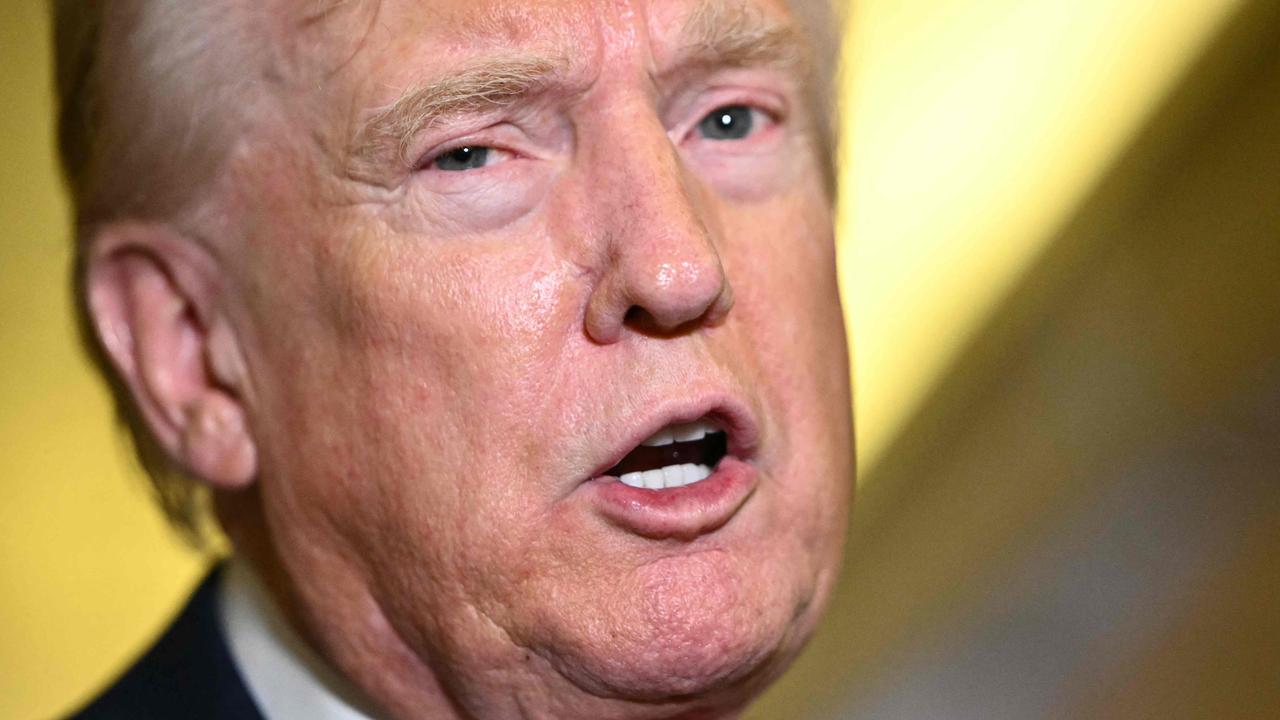Global leaders urge restraint after tensions flare between UK and Iran at Strait of Hormuz
One of the world’s most critical strategic shipping lanes has become the latest site for a clash with Iran as global leaders urge for restraint.
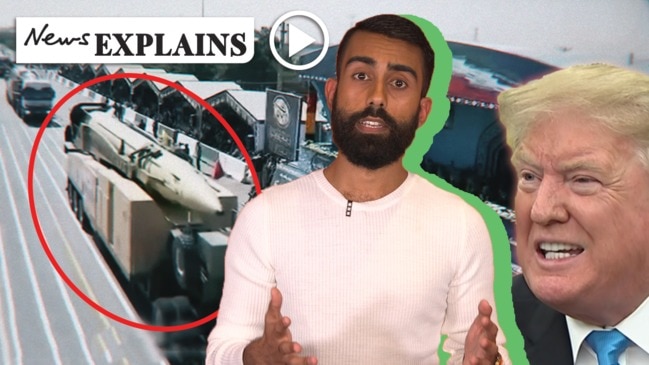
World
Don't miss out on the headlines from World. Followed categories will be added to My News.
Tensions between the UK and Iran have flared at a key geographic chokepoint that 20 per cent of the world’s oil passes through.
The UK government called for a “de-escalation” on Thursday after three Iranian paramilitary vessels tried to block the path of British Heritage, a 274-metre supertanker owned by British energy giant BP as it passed through the Strait of Hormuz.
Britain sent a royal navy vessel to escort the merchant ship through the channel that is “vital” to global trade and called for Iran to uphold international law and allow freedom of navigation.
Iran’s Revolutionary Guards denied being involved in the incident, saying there has “been no confrontation in the last 24 hours with any foreign vessels, including British ones.”
However it comes after the organisation warned Britain would “strongly regret” intercepting an Iranian tanker the UK believed was bound for Syria last week, in breach of EU sanctions.
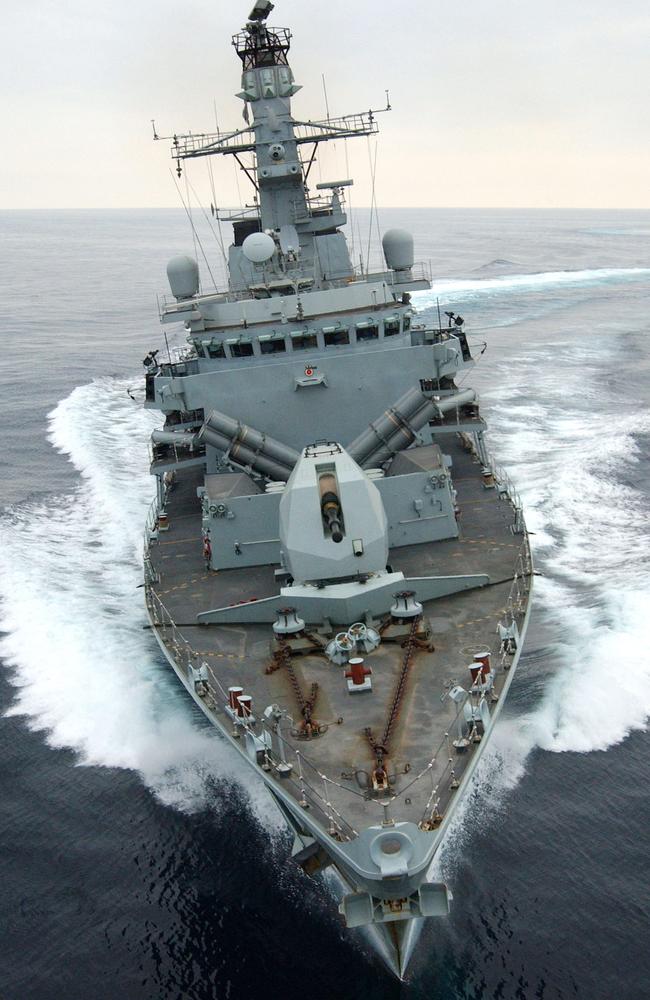
The Strait of Hormuz is a 33km channel between Iran and Oman in the Middle East that is renowned as one of the world’s most important and strategic waterways.
It is flanked by Arab states on one side and Iran on the other, and links Middle Eastern oil producers to key global markets in Asia, North America and Europe.
At the narrowest point, it is just over 3km wide with two shipping lanes. However the deep water means it can handle the world’s largest oil tankers and up to 20 per cent of the world’s oil, around 15 million barrels a day, passes through it.
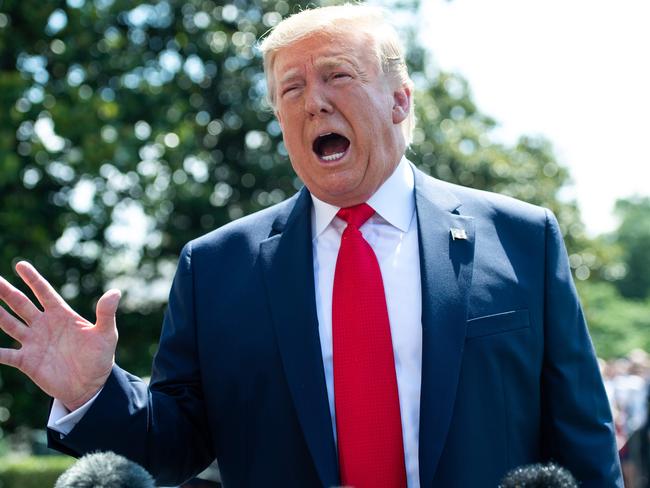
The incident comes against a backdrop of rising tensions with Iran as the 2015 nuclear deal designed to stop the country developing a nuclear bomb falls apart.
President Trump withdrew the US from the agreement and has adopted a policy of “maximum pressure” by increasing economic sanctions. Iran has responded by breaking key limits of uranium enrichment, making it difficult for EU leaders and the UK to argue the terms of the 2015 deal should stand.
Last month, President Trump called off a military strike against Iran reportedly with 10 minutes to spare, after Iran shot down a US drone it claimed had violated Iranian airspace.
Both China and Russia have called for the latest situation to be defused. Chinese Foreign Ministry spokesman Geng Shuang urged the parties to “maintain cool and restraint” as what happens in the Strait can affect global resources.
Kremlin spokesman Dmitry Peskov said the “freedom of navigation should be ensured in the Persian Gulf and the Strait of Hormuz,” as it is crucial for the global economy.
BP said its “top priority is the safety and security of our crews and vessels.”
Australia is consulting with allies over whether to increase its presence in the region, as the Defence Department is “deeply concerned by heightened tensions in the Gulf.”
“We strongly condemn the recent attacks on shipping in the Gulf of Oman. Australia relies on freedom of navigation and the uninterrupted passage of maritime trade,” the spokeswoman told AAP on Wednesday.
“As a matter of course, Australia consults closely with our allies and partners on the situation in the Middle East. We are following the situation closely, including through our embassies in the region.”
- With wires
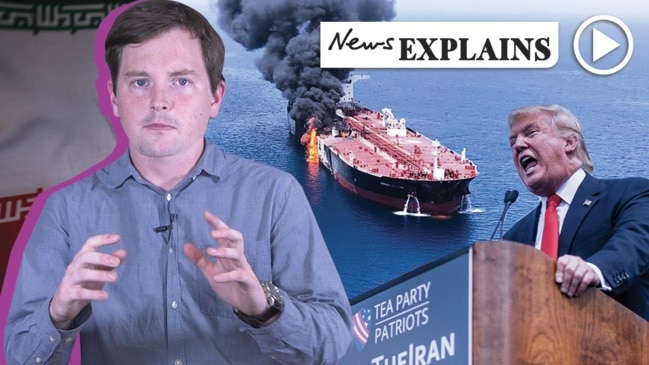
Originally published as Global leaders urge restraint after tensions flare between UK and Iran at Strait of Hormuz



